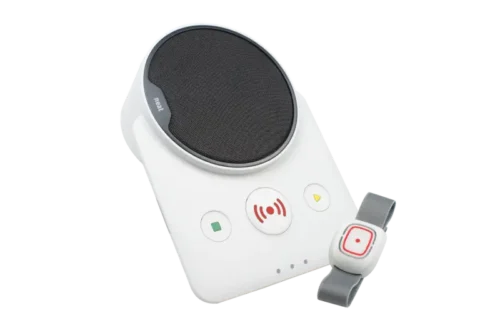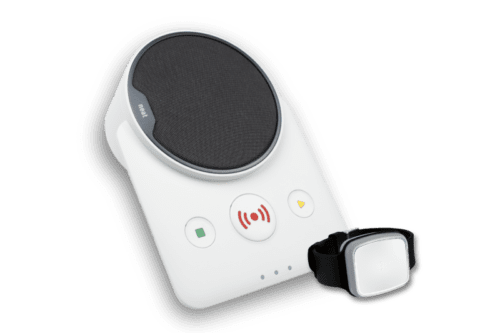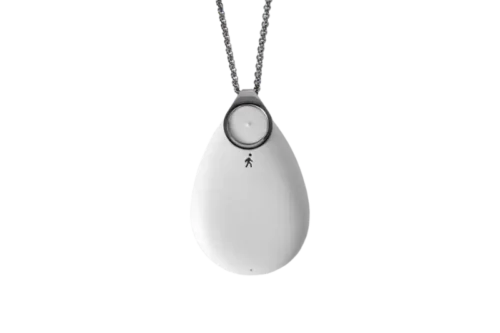
What is High Blood Pressure?
High blood pressure, or hypertension, means that your blood pressure level is above normal on many different occasions. This requires treatment to prevent serious and possibly life-threatening complications from developing as a result of it.
How Common is High Blood Pressure?
High blood pressure is very common, with 10–20% of the UK population affected. The older you are, the more likely it is that you already have it. There are currently 12.5 million people in the UK living with hypertension.
Causes
There are many causes, all of which play a part in causing high blood pressure. To some extent, a predisposition can be inherited, but a diet high in salt and alcohol can certainly contribute too.
Your ethnic background plays a role, and other conditions such as obesity and diabetes may play a part. Insufficient regular exercise compounds the above problems.
Stress is well known to raise blood pressure, and the longer people live with unresolved stress, the more likely it is that their blood pressure will become permanently raised.
Symptoms
Hypertension is a symptomless disease. The vast majority of people will be blissfully unaware they have high blood pressure until it has already done serious damage to their bodies.
Checking blood pressure on a regular basis and taking steps to control it once it has been identified are vital. Keeping your blood pressure under control can minimize your risks of developing serious and potentially life-threatening complications such as heart attacks and strokes.
Diagnosis
The diagnosis of high blood pressure is easy, as a special cuff placed around the upper arm will tell the doctor whether the blood pressure is raised and, if so, for the duration. Further investigations are required, for example, to test cholesterol levels and to exclude other underlying diseases such as kidney problems.
Everybody with hypertension should have a simple urine test to rule out a blood sample or an ECG. It does no harm to check somebody’s weight at the same time.
A physical examination rules out more serious underlying conditions. An electrocardiogram can point to any enlargement of the heart and rules out any signs of narrowing of the coronary arteries. Only a few patients will need to be referred to a specialist clinic for further tests.
Treatment
First of all, the lifestyle needs to be altered. A reduction in salt intake, normalizing weight, drinking alcohol in moderation, and taking plenty of regular exercise are important. Stress counseling can be useful for those for whom it is appropriate, and on top of these things, medications can help control blood pressure.
There is a huge variety of anti-hypertensive drugs, all of which are equally effective, if not more. Some people will need more than one drug to control their blood pressure, but the good news is that modern medicines have few side effects.
Living With High Blood Pressure
If blood pressure is regularly checked and kept under control with treatment, most people can enjoy a normal life. That being said, some lifestyle changes will be required, and some will have associated conditions such as heart disease or diabetes to contend with. These can sometimes impinge on people’s independence and general health.
Telecare24 careline services are invaluable for these people as they enable them to maintain living independently and safely in their home while remaining in touch around the clock with their loved ones or, if necessary, the emergency services. Their highly trained, polite, and helpful operators work 365 days a year, 24 hours a day, and provide the fastest response times compared to other providers. Telecare24 careline services come highly recommended.
Thanks for reading this article. For more information, please check out our blogs.





